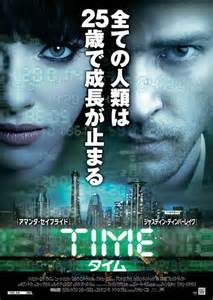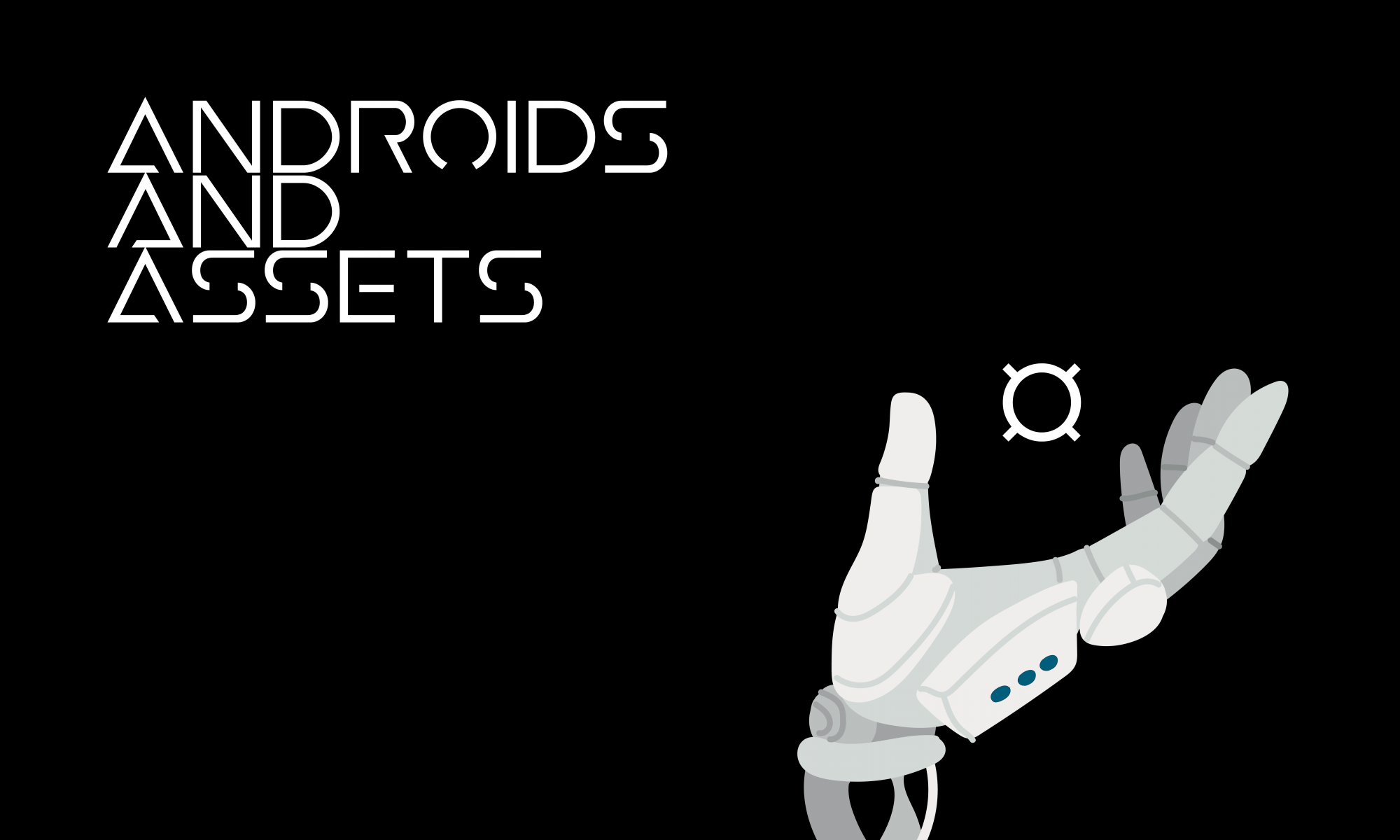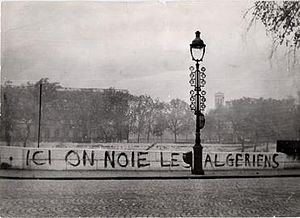The central mythology of American Interventionism
The story of Game of Thrones is, in a certain sense, an ancient one. A story in which historically material conditions have created environments wherein rival armed groups, who had historically been forced to cooperate would fight each other for dominance in the absence of a clear political consensus fostered by the former ruler. The quest to procedurally mitigate the violence of transition of power is the central aim of most political theories, for whom the cost and devastation of civil war was far too great a price, and the leaders it produced far too cruel and monstrous, though they tended to pale in comparison to the pointless villainy of their progeny.
In England, the solution to reining in the tempestuous mismanagement of the state by the genocidal egomaniacal nobles was the Magna Carta (1215/AKA robin hood times). It was an agreement between the king and the nobility of England signed after a century of tumult and chaos largely produced by the office of the king stretching back to the Anarchy (1135-53) and narrowly avoided after the death of Richard I. The so called ‘Great Charter’ migrated power of taxation from the king to the collective body of nobles and landowners, the newly created parliament. The goal of creating a secondary locus for power of the political body was to mitigate disruption to the functioning of the state should the body or mind of the holy vessel of state power become corrupted. The Magna Carta did this by giving the nobles a hold on the purse strings of the Kingdom allowing them to mitigate the harm the throne could do and create a mechanism to recognize and facilitate the transition of power that was run by the individuals who would be the chief belligerents in any war of succession.
Unsurprisingly this ignited a…. civil war The First Baron’s War (1215-17). However, as time went on, England became one of the most stable and prosperous countries in Europe. This was, fairly or not, attributed to English parliamentarianism as contrasted with the absolutism of the continent. It began to inform the development of a political theory of liberalism and it espouses that the collectivisation of authority amongst leaders of a society is the best way to govern and manage a nation. This is what the word liberal means. Liberalism is not a media buzzword, it is a well-established philosophy to which almost all politicians in the western world subscribe. Bush and Obama were both Liberals in this sense. They were both operating on the assumption that the wealthy leadership of a society would react to a need for change, but would not change matters so drastically as to endanger the hierarchy and structure of that society. Power would be transitioned through traditions written down into laws, that applied to the people who made them/ including laws to govern who was king. While the institution of the parliament did not stop civil wars, especially when France or other nations states backed armed groups to start one, the parliament did still form the intellectual foundations for western political economy today: the sacred notion that organization of the enfranchised citizens was the best way to create a government. This was a significant contribution to the constitution of the United States and the central objection of colonists to England.
Over two centuries later the United States still pays lip service to the transmission of democratic liberalism as its goal in “interventionist” actions. In practice, the US has propagated civil wars and worked tirelessly to damage the capacity to facilitate transfer of power and to organize as countries. The US would rather see large swaths of the earth ruled by coalitions of tribes, militias, and other armed interest groups. Game of Thrones can be read as endorsing a central myth of Western imperialism that all this blood shed can pave the way to a better future. We need the narrative of Game of Thrones to help us rationalize the growing disconnect between what Western foreign policies claim they do and the millions of lives they destroy.



